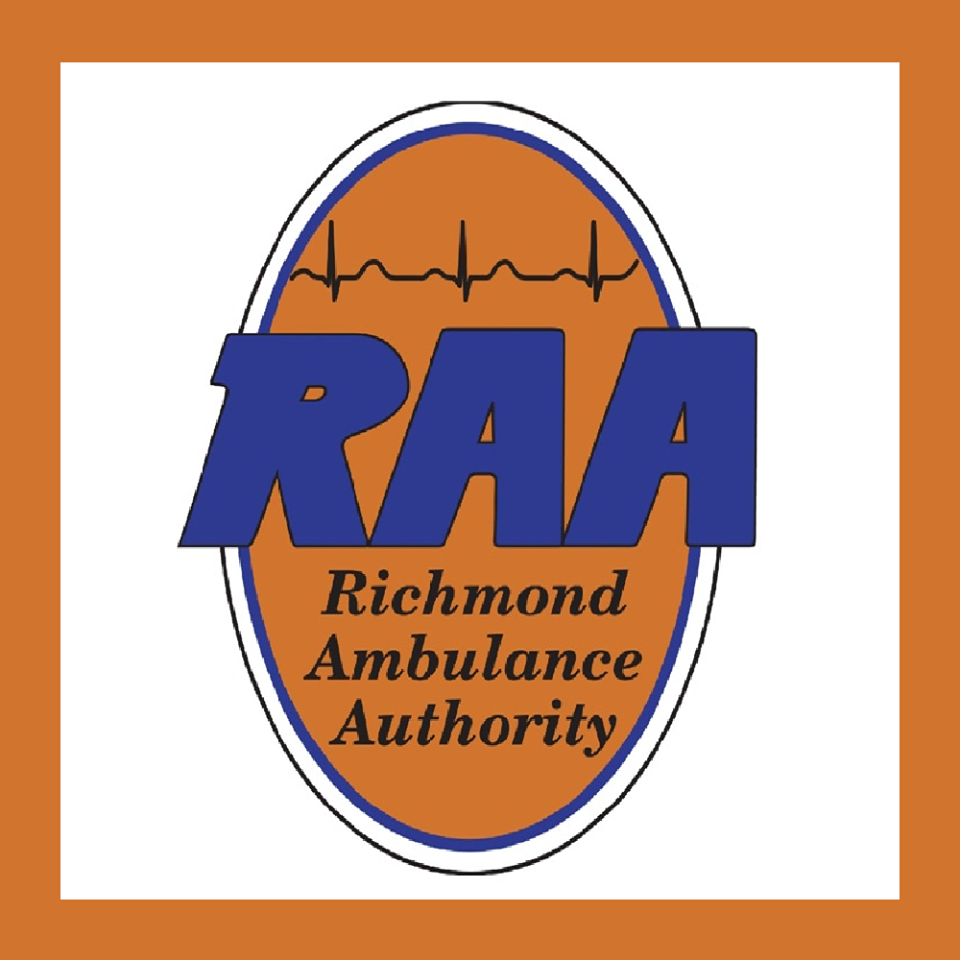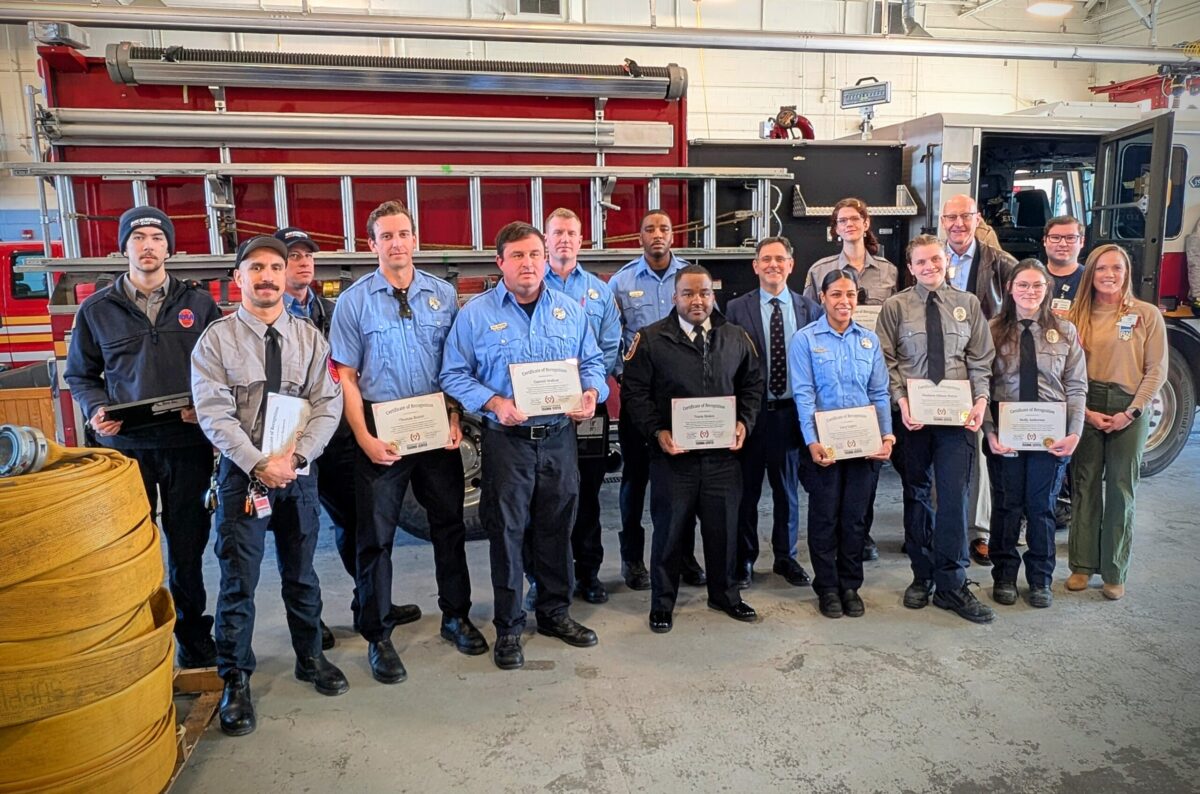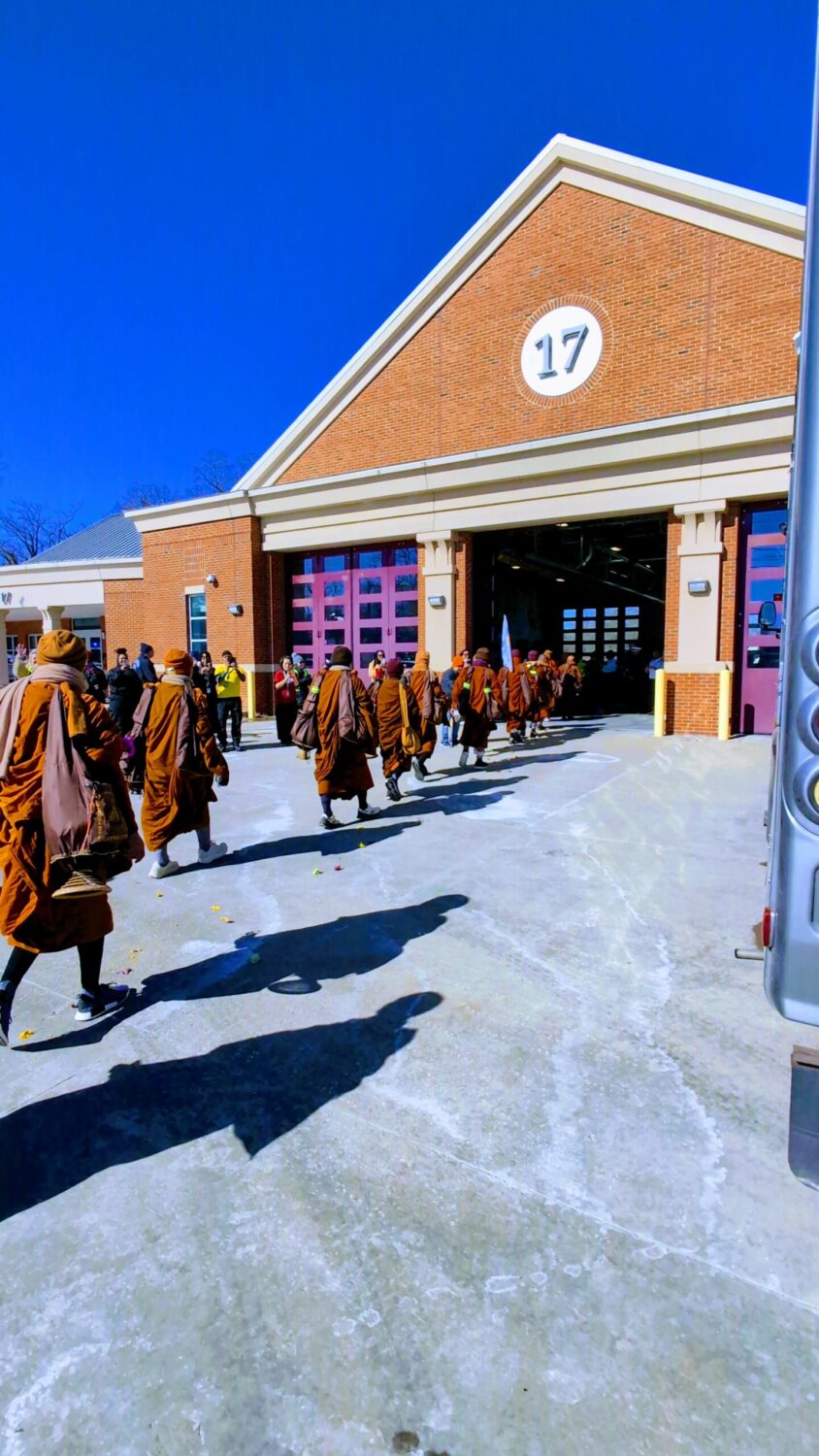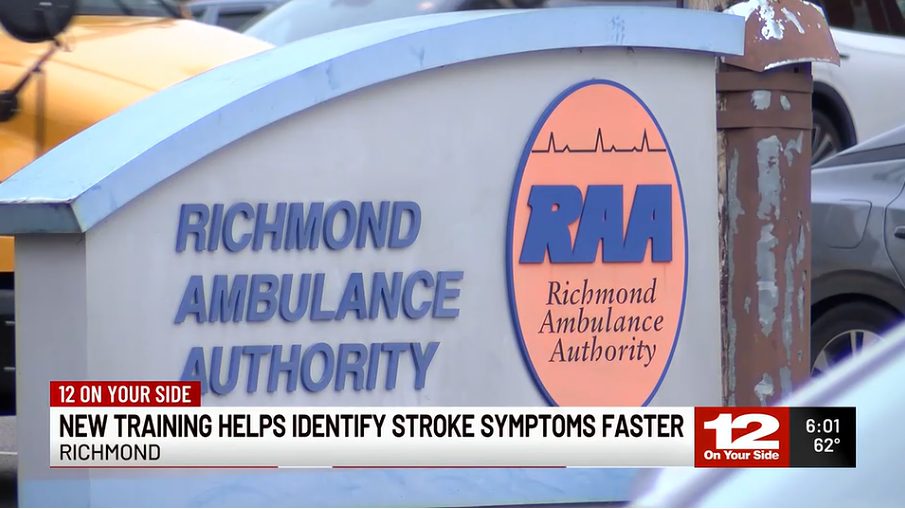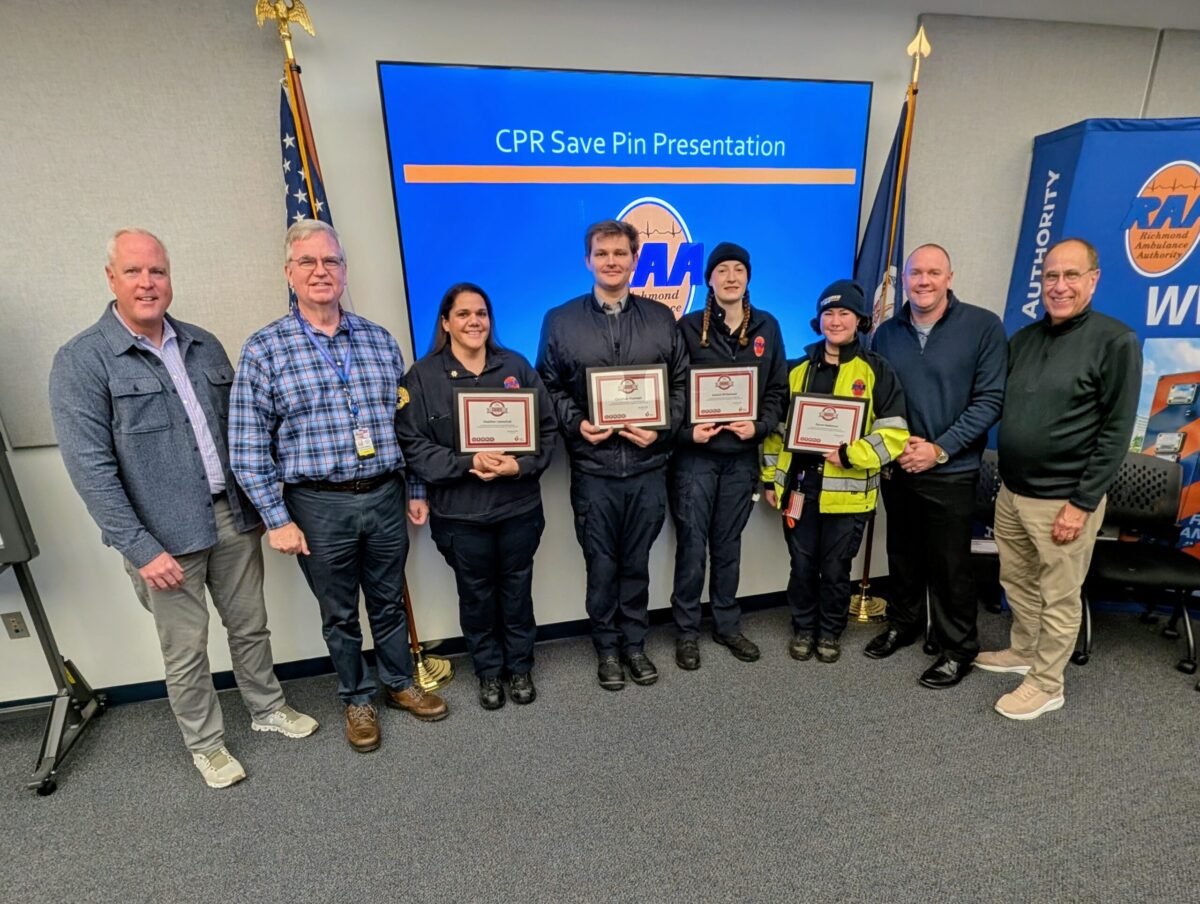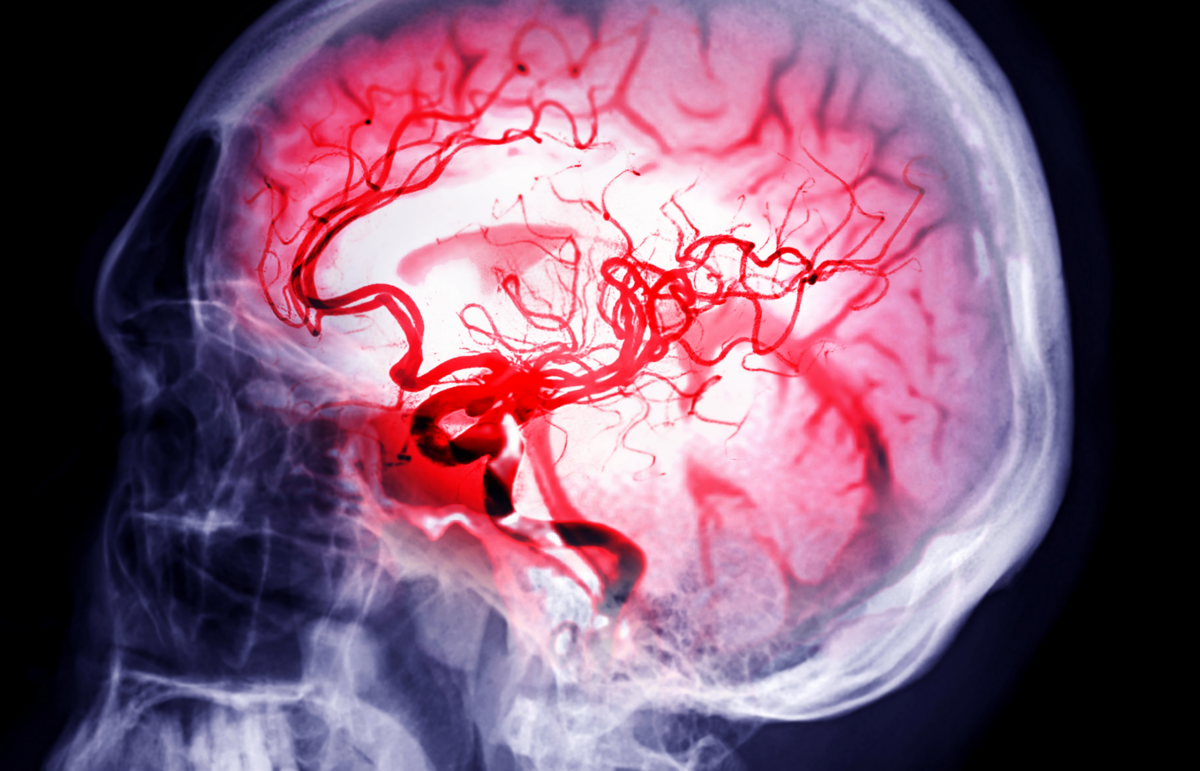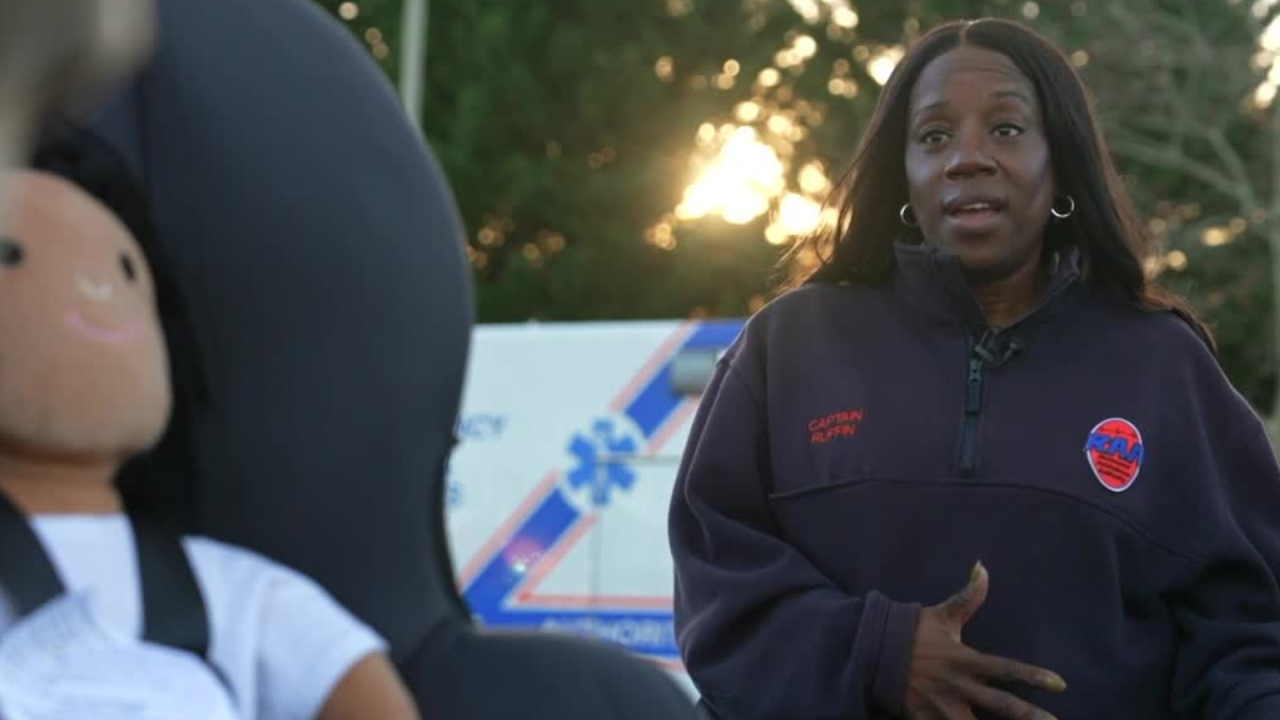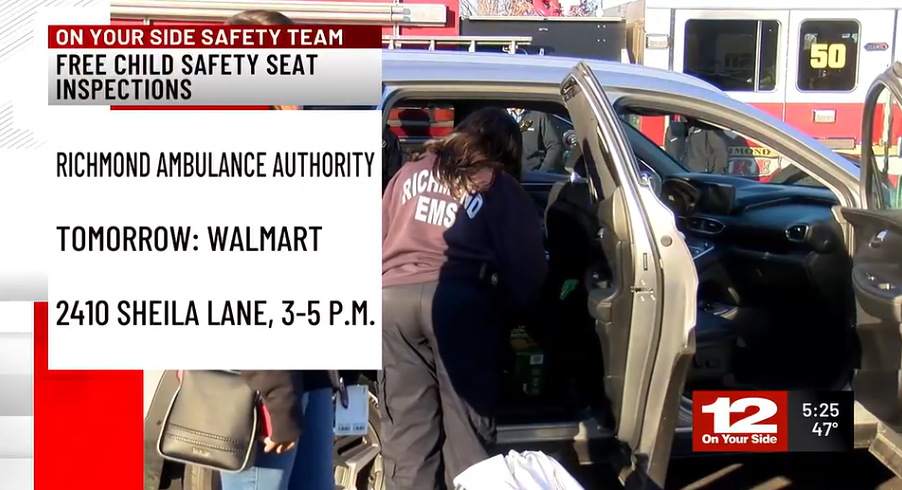Call it a myth. Call it the witching hour. Or call it lunacy, a word that for hundreds of years implied that the moon causes madness.
But is there any truth to it?
Dispatchers in Richmond say it certainly feels like they get busier on these monthly moonlit nights.
“All of a sudden the calls pick up,” said Brittney Jones, who has been a communications officer with the Richmond Department of Emergency Communications for three years. “We say it must be a full moon outside.”
After a particularly hectic shift, fielding calls for fire, ambulance, police services and other city departments such as public works or animal control, Jones said she always checks the night sky when she gets off.
“You know what, it really is a full moon,” she said. “That explains why everyone is acting the way they’re acting.”
She may be on to something.
The Richmond Times-Dispatch asked the Richmond Police Department for every crime reported over the course of a year to see if there was a link between higher incidents of crime and nights with a full moon. The communications department also provided the number of emergency calls on those occasions.
Crime data from 2017 show there is only a slightly higher number of crimes reported on nights with a full moon, which occur about every 29.5 days.
About 98.5 offenses occurred on any given day in 2017. That average increases to 101.7 offenses on weekdays, and surprisingly, dips to 90.7 on the weekends.
In 2017, an average of 102.7 offenses were reported on nights with a full moon. All but two of the dozen full moons that occurred in 2017 saw more reported crime than a typical day.
But in the emergency call center where Jones works, the difference was more pronounced: there were nearly 10 percent more emergency calls on days with a full moon than the daily average. Eight out of the 12 full moons in 2017 saw higher volumes than average.
Crime reports ticked up slightly on All Hallows’ Eve, as well. On Oct. 31, 2017, there were 113 offenses reported. That’s 13 more crimes than an average Tuesday, the day on which Halloween fell last year. (Note: there’s no full moon this Halloween, but rather a third-quarter moon. The next full moon falls on Nov. 23.)
“You’re going to find that prankster that takes it too far or that neighbor that gets mad for every little thing,” Jones, the dispatcher, said.
Jones said emergency dispatchers receive frequent calls from business owners about people in masks on Halloween. It’s illegal in Virginia for anyone over the age of 16 to wear a mask in public — the 1950s-era law was aimed at unmasking the Ku Klux Klan in Virginia.
“You don’t know if it’s just a costume or if they’re trying to rob the place,” she said.
Wes Wampler, interim director of operations at Richmond Ambulance Authority, said the phenomenon is more “perception versus reality.”
“People have a fascination with the full moon,” he said. “I don’t know that we necessarily know that there is any increase or decrease, or correlative effect.”
On holidays, the medical service tends to run a light call volume, he said, and its drivers are particularly cautious on Halloween, when trick-or-treaters take to the streets.
While police provided the data, the department declined to comment for this story, saying it “does not want to perpetuate a wives’ tale.”
Yet some cops seem to subscribe to the theory, too. A 2007 BBC News report found that some British police departments added extra officers to crack down on lunar-fueled crime after research showed a “correlation between violent incidents and full moons.” Maybe it’s not so strange for Europe, the part of the world where Dracula and werewolves originated.
However, dozens of academic studies have found no link between lunar phases and crime.
Wayne Petherick, an associate professor of criminology at Bond University in Australia, wrote in a Newsweek article that “the only explanation I can see that links criminology with moon phases is just about the practicalities of being a criminal: when it’s a full moon, there’s more light.”
